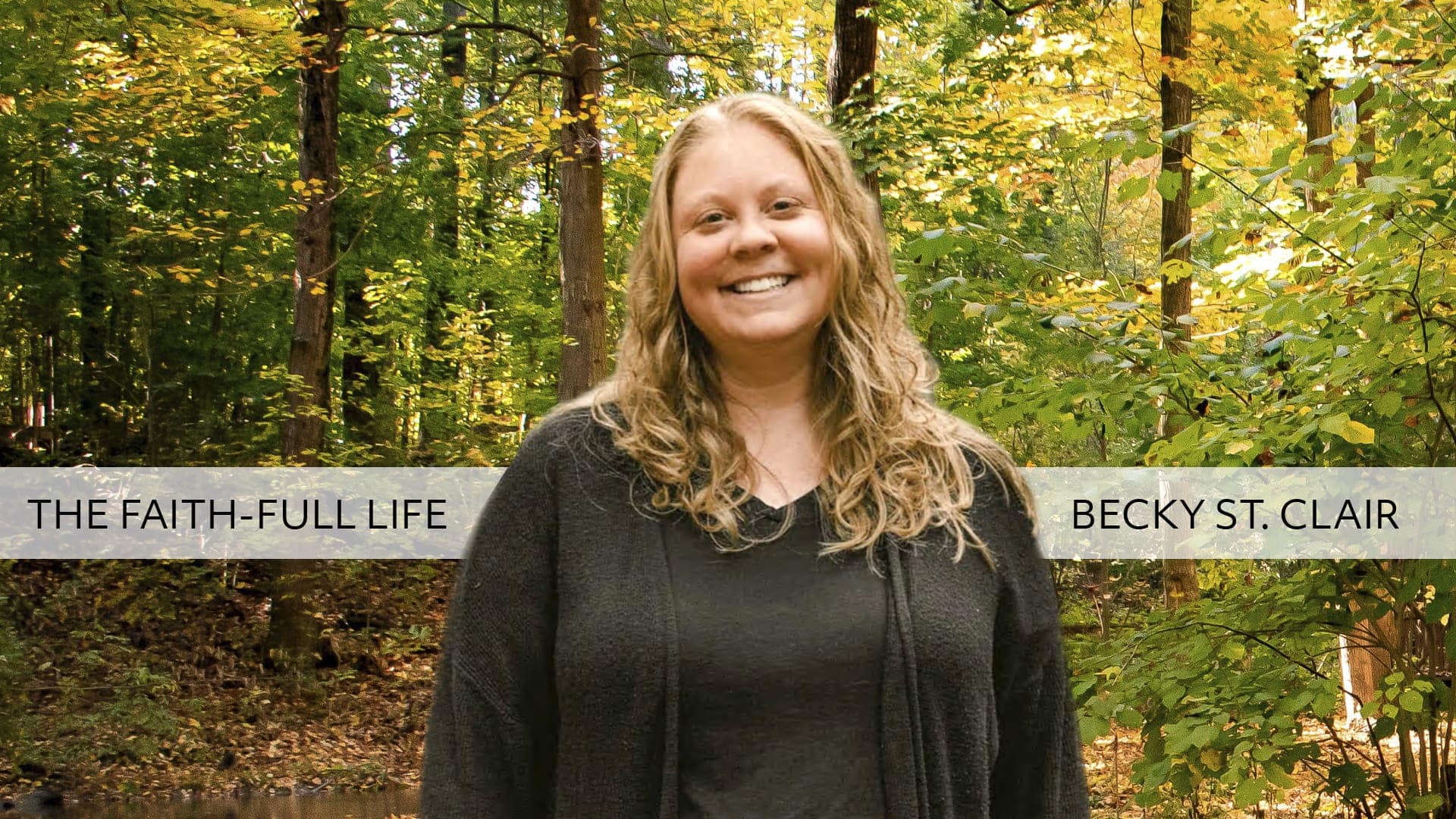
I had been an adult in the “real world” for only a couple years. It was that honeymoon period of my career when I was still enthusiastic and naïvely confident in my ability to make a difference.
Several people were sitting around the table in the university’s Campus Ministries office discussing worship services, chapels, and Weeks of Prayer for the coming school year. When the topic of music was broached, I dove right into the opinion pool with my limited 24-year-old perspective as the floatation device I was sure would keep me from sinking.
It didn’t.
Within moments of my gleeful leap from the high dive of self-assuredness, my floaty began to deflate, leaving me desperately attempting to make my floundering doggy paddle appear like a flawless backstroke as I stated and restated my opinions. I left the meeting feeling frustrated, hurt, and disappointed.
My most vocal opponent in that meeting was a very prominent faculty member on campus, someone I deeply respected and admired, which made the disagreement that much more painful. I didn’t know how we could ever work together effectively—much less get along—if we differed so much on one seemingly small issue.
The next day that same faculty member knocked quietly on my office door. I hesitantly smiled and beckoned him in. He sat down, looking as nervous as I felt, and proceeded to apologize. We spent the next half hour in deep conversation, sharing our differing perspectives, clarifying points on which we’d disagreed the day before, and listening to each other. Our views were not the same, but our goals were. Once we both understood and accepted that, it was much easier to talk through the topics on which we didn’t see eye-to-eye and come to a satisfactory agreement. It was the epitome of the phrase “agree to disagree.”
What I remember most about this entire experience is that my esteemed professor-turned-colleague took the time to make sure I knew he valued me. I can still see him sitting in the chair on the other side of my desk, legs crossed, his eyes bright with tears stemming from deep passion and the desire that our disagreement wouldn’t derail our relationship.
When Jesus washed the disciples’ feet, I suspect they felt the same way I did with that professor. Here was a Man they genuinely respected and admired—and with whom they frequently disagreed—taking the time to do something they themselves would never think to do. With His humility in that moment, Jesus demonstrated that relationships are more important than uniformity of thought, and that He valued the disciples as His friends more than He cared about whether their views mirrored His.
The very definition of “Christian” demands that we do our best to behave as Christ would. It’s a daunting calling, but we can do no less than follow it. And maybe just step into the opinion pool and skip the high dive.
“Live a life worthy of the calling you have received. Be completely humble and gentle; be patient, bearing with one another in love” (Eph. 4:1, 2, NIV).
Becky St. Clair is a freelance writer living in California with her husband and three children. She has a decade of experience in public relations for the church, and currently writes and copy edits for various church entities around the world.